The regional conference on youth at risk, the closing event of the project “At-Risk Youth Social Empowerment“, was held in Podgorica, Montenegro on 10 – 11 December 2019. The project was supported by the European Union and implemented by consortium of six organizations from six Western Balkan countries: Juventas (project coordinator, Montenegro), ARSIS (Albania), Association Margina (Bosnia and Herzegovina), HOPS (Macedonia), NGO Labyrinth (Kosovo), Prevent (Serbia).

The conference aimed to examine results of the implementing reforms as well as remaining challenges in the field of social policies focusing on youth at risk. Within the scope of this project, youth at risk category includes young people using drugs, young people in conflict with the law, youth without parental care, young Roma, youth with street experience, youth living in families with history of using drugs or/and conflict with the law.
 The conference gathered policy officials, researchers, service providers, civil society activists and members of the academia from the region of Western Balkan and Europe to discuss current social position of different youth at risk categories and main obstacles for better social integration. Guests and speakers included Nikola Janović, Minister of Sports and Youth, Government of Montenegro and representatives of the ministries of Health, Education, Justice and Labour and Social Welfare, Fiona McCluney, resident coordinator, UN system Montenegro, Michaela Bauer, UNICEF’s Deputy Representative for Montenegro and Ana Margarida Tome De Freitas Mariguesa, European Delegation to Montenegro, among others.
The conference gathered policy officials, researchers, service providers, civil society activists and members of the academia from the region of Western Balkan and Europe to discuss current social position of different youth at risk categories and main obstacles for better social integration. Guests and speakers included Nikola Janović, Minister of Sports and Youth, Government of Montenegro and representatives of the ministries of Health, Education, Justice and Labour and Social Welfare, Fiona McCluney, resident coordinator, UN system Montenegro, Michaela Bauer, UNICEF’s Deputy Representative for Montenegro and Ana Margarida Tome De Freitas Mariguesa, European Delegation to Montenegro, among others.
One of the main topics was related to the social services in terms of their quality, regional availability, process of monitoring and evaluation. Also, the conference was the opportunity to explore current state of the cooperation between public administration and civil society in the process of service provision. Different modes of cooperation were discussed including examples of good practice with the aim to identifying cooperation models that can have best possible results. The sustainability of the social services was one of the topics.
A very emotional moment of the conference was screening of the movie “Where is the home?” which was produced with the support from the project. The movie presents personal stories of two young man who grew up in a home for children and youth without parental care.
Representatives of the DPNSEE member organisations were active throughout the conference. Board members Nebojša Đurasović and Denis Dedajić were panellists, while Executive Director Milutin Milošević moderated one of the panels.










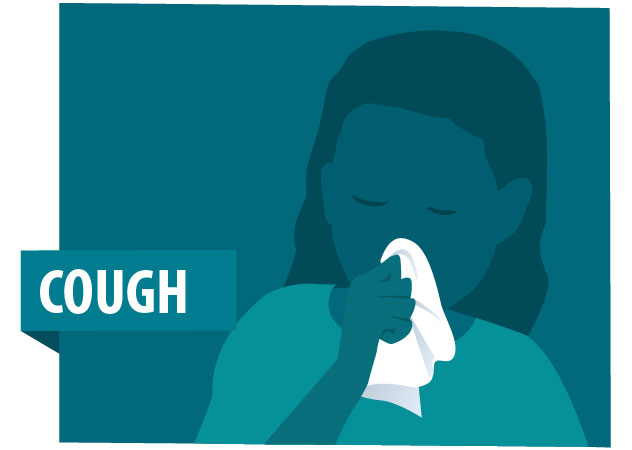
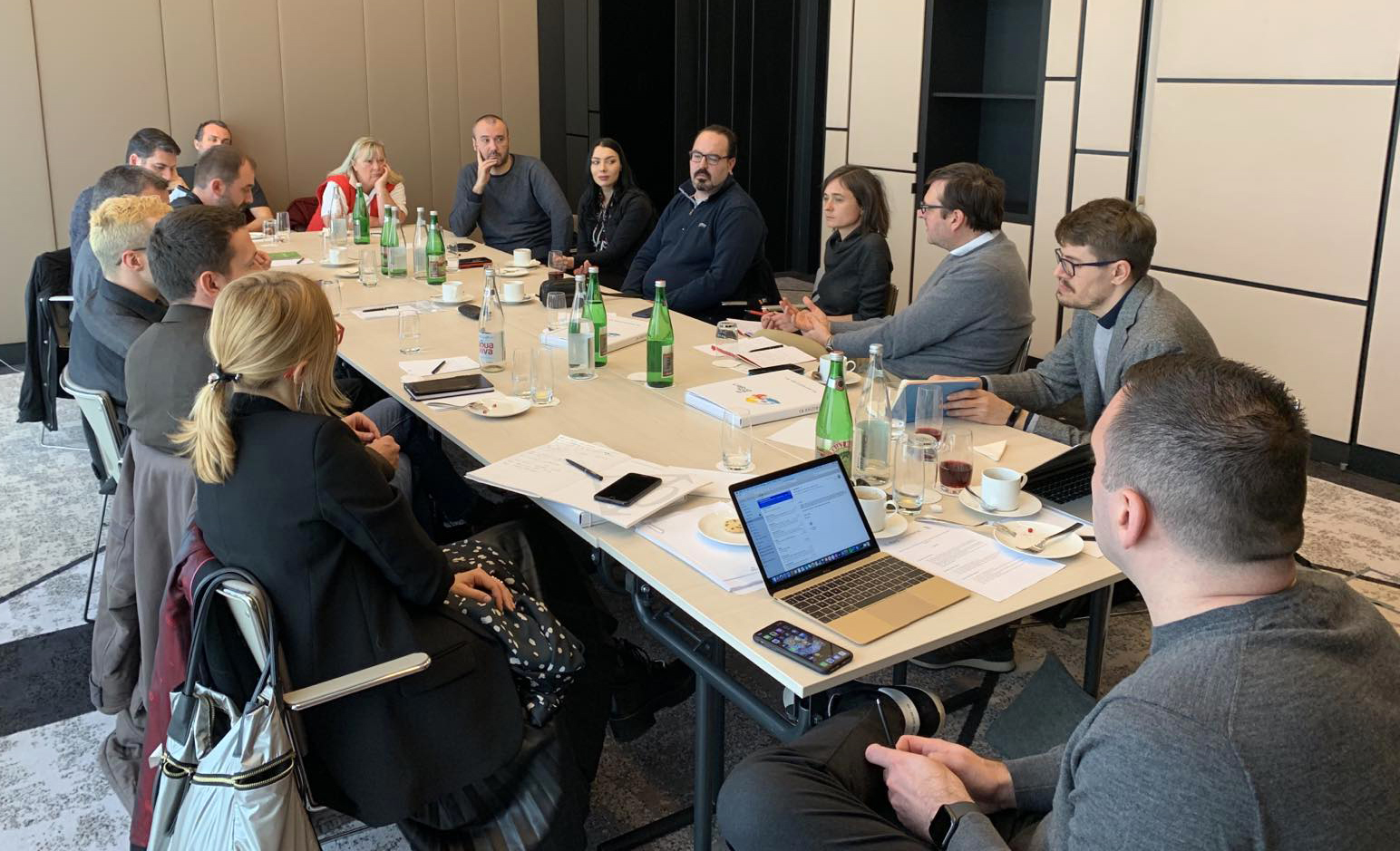
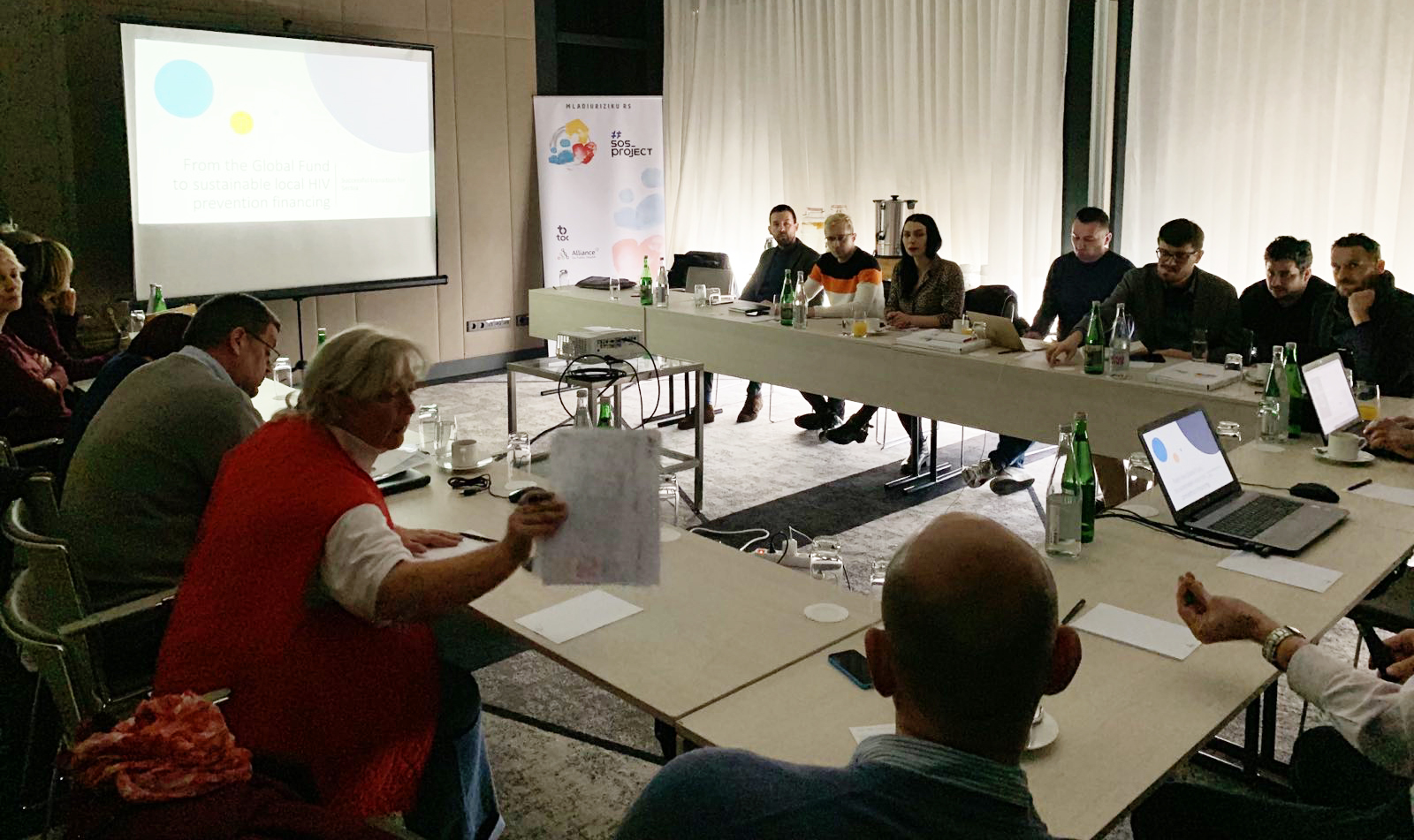
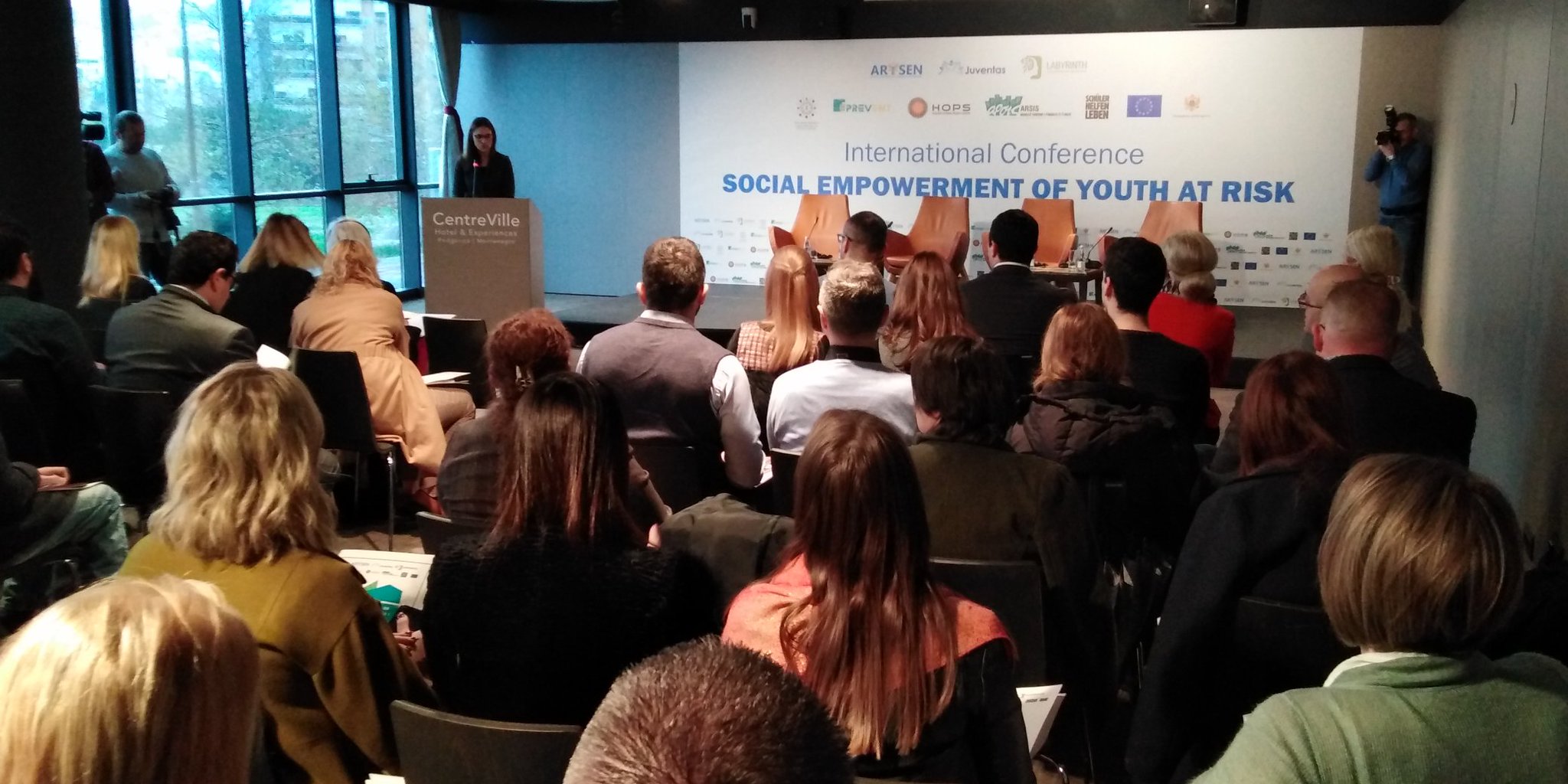

 The conference gathered policy officials, researchers, service providers, civil society activists and members of the academia from the region of Western Balkan and Europe to discuss current social position of different youth at risk categories and main obstacles for better social integration. Guests and speakers included Nikola Janović, Minister of Sports and Youth, Government of Montenegro and representatives of the ministries of Health, Education, Justice and Labour and Social Welfare, Fiona McCluney, resident coordinator, UN system Montenegro, Michaela Bauer, UNICEF’s Deputy Representative for Montenegro and Ana Margarida Tome De Freitas Mariguesa, European Delegation to Montenegro, among others.
The conference gathered policy officials, researchers, service providers, civil society activists and members of the academia from the region of Western Balkan and Europe to discuss current social position of different youth at risk categories and main obstacles for better social integration. Guests and speakers included Nikola Janović, Minister of Sports and Youth, Government of Montenegro and representatives of the ministries of Health, Education, Justice and Labour and Social Welfare, Fiona McCluney, resident coordinator, UN system Montenegro, Michaela Bauer, UNICEF’s Deputy Representative for Montenegro and Ana Margarida Tome De Freitas Mariguesa, European Delegation to Montenegro, among others.
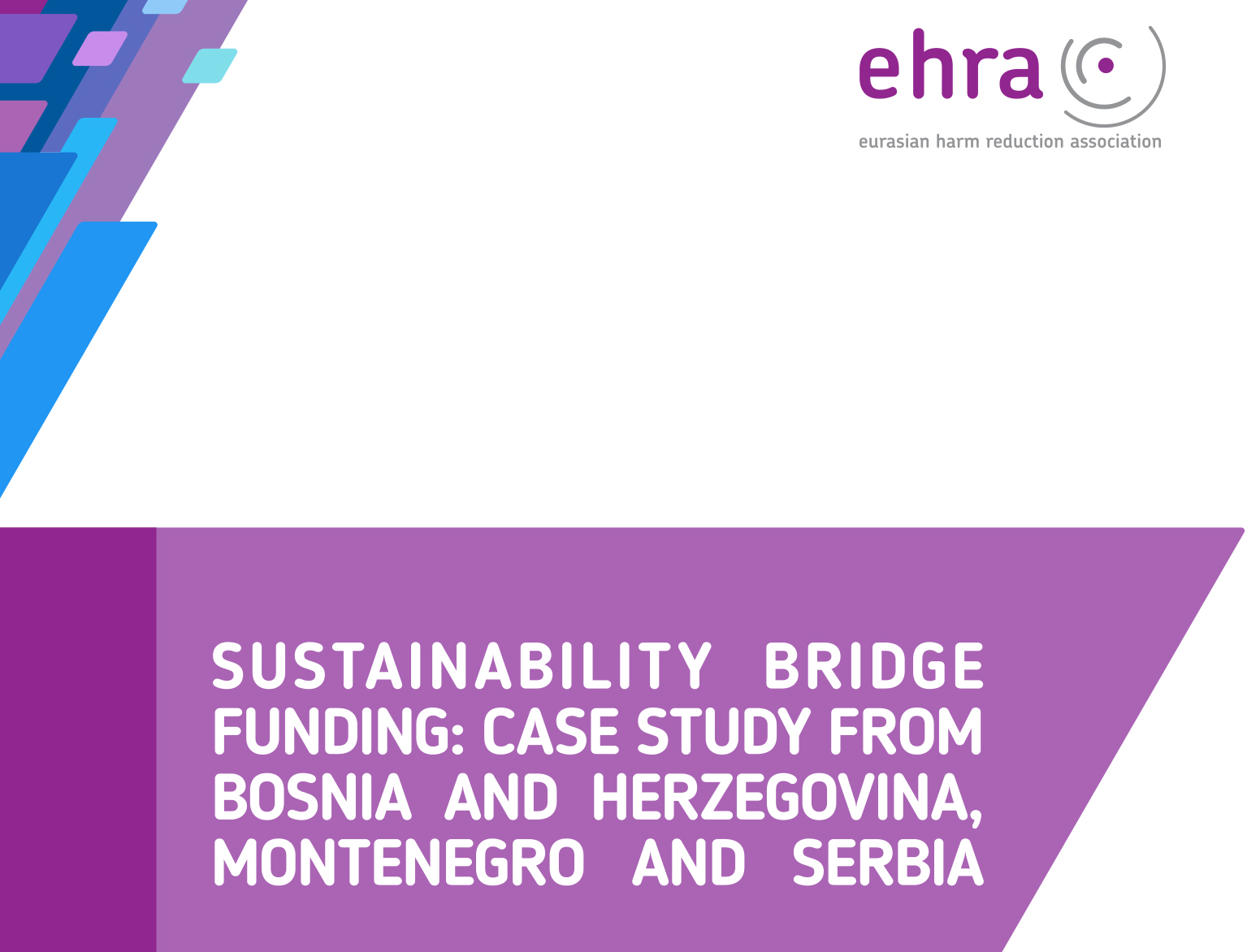
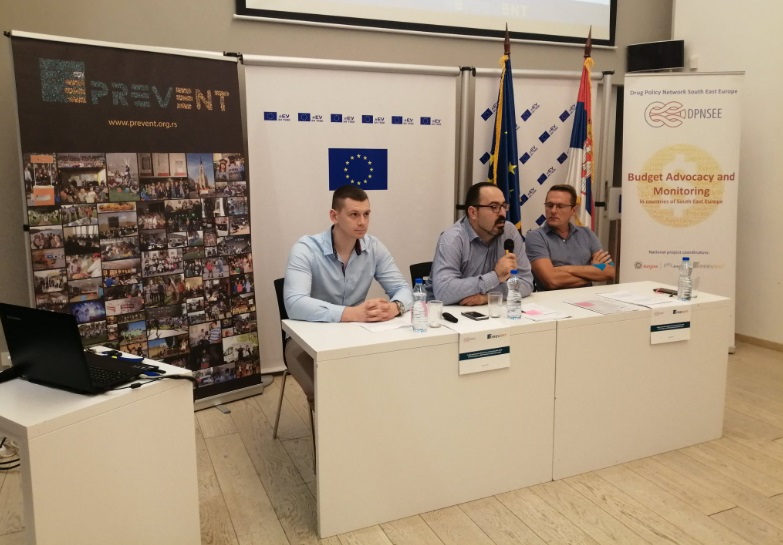
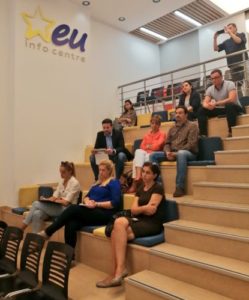 The budget analysis in Serbia was completed and presented on an event organised jointly by Prevent and DPNSEE in the EU Info Centre in Belgrade on 1 October 2019. The analysis was prepared in scope of the project
The budget analysis in Serbia was completed and presented on an event organised jointly by Prevent and DPNSEE in the EU Info Centre in Belgrade on 1 October 2019. The analysis was prepared in scope of the project  The Analysis of the budgets in Serbia is available
The Analysis of the budgets in Serbia is available  Besides the analysis of the budget of the Ministry of Health which was produced, DPNSEE has prepared and presented an analysis of the public calls for prevention of the Ministry of Health. This analysis is available
Besides the analysis of the budget of the Ministry of Health which was produced, DPNSEE has prepared and presented an analysis of the public calls for prevention of the Ministry of Health. This analysis is available 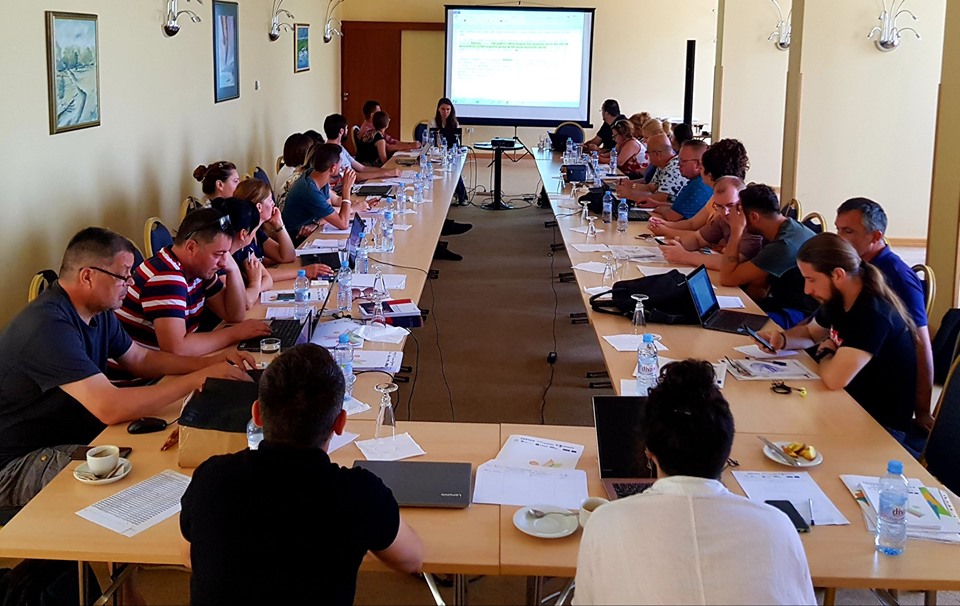
 Within the project “Strengthening young people at risk of social exclusion“, a regional training of the
Within the project “Strengthening young people at risk of social exclusion“, a regional training of the 
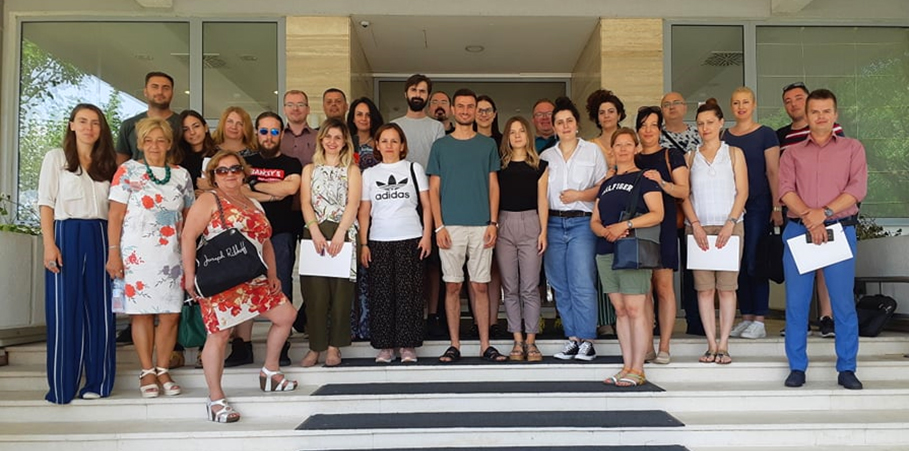
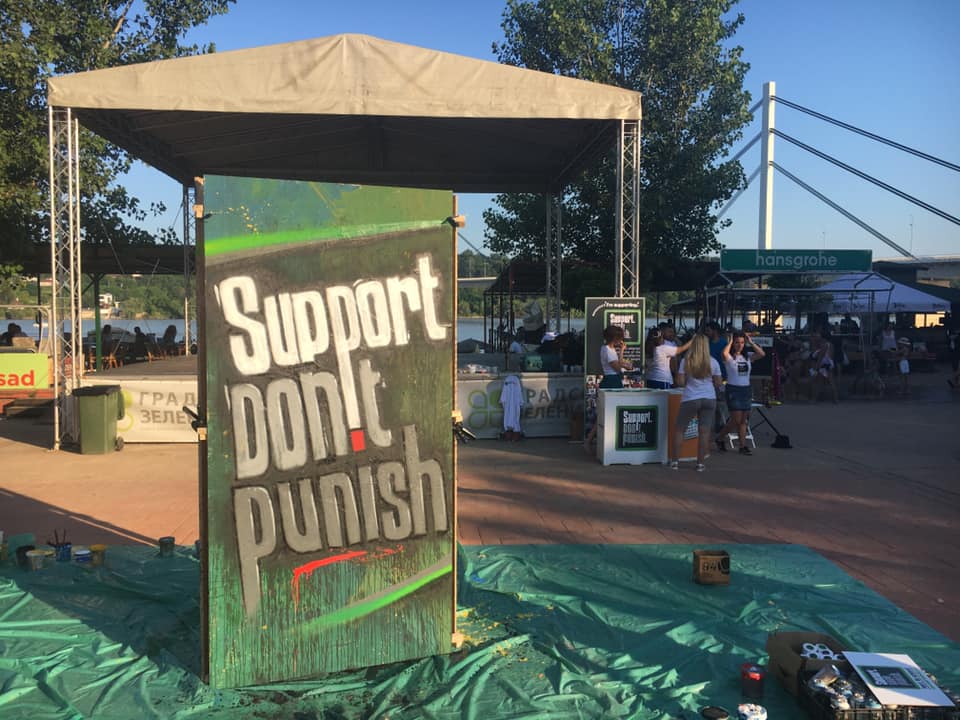


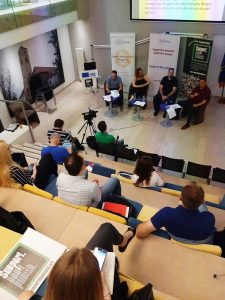 For the launch of the Global Day of Action, DPNSEE organised a “Kick-off event” to start the campaign in South East Europe. The event was held in the EU Info Centre in Belgrade, Kralja Milana 7, on 19 June 2019.
For the launch of the Global Day of Action, DPNSEE organised a “Kick-off event” to start the campaign in South East Europe. The event was held in the EU Info Centre in Belgrade, Kralja Milana 7, on 19 June 2019.




 The programme of the Conference is available
The programme of the Conference is available